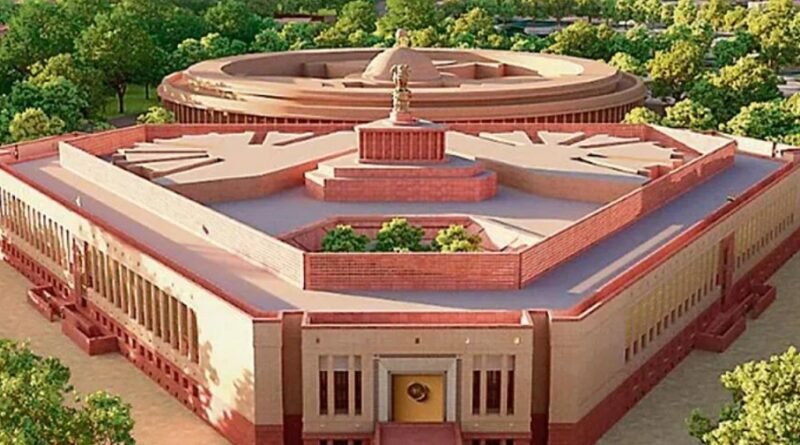The Indian Parliament: A Simple Guide
The Indian Parliament is the highest law-making body in India. It plays a key role in the country’s governance and ensures that the government works for the welfare of the people. Let’s understand what the Indian Parliament is, how it works, and why it is important.
What is the Indian Parliament?
The Indian Parliament is a place where elected representatives come together to make laws, discuss national issues, and hold the government accountable. It is located in New Delhi, the capital of India.
The Parliament has two main parts:
- The Lok Sabha (House of the People): This is where members directly elected by the people sit. It represents the common citizens of India.
- The Rajya Sabha (Council of States): This is where representatives of the states and union territories sit. It ensures that states have a say in national decisions.
Together, the Lok Sabha and the Rajya Sabha are called the “Houses of Parliament.”
Structure of the Indian Parliament
- The Lok Sabha:
- It has a maximum of 552 members.
- Members are elected by the people of India during general elections, which are held every five years.
- The leader of the Lok Sabha is the Speaker, who ensures that discussions are conducted in an orderly manner.
- The political party or coalition with the majority of seats forms the government. The leader of this party or coalition becomes the Prime Minister.
- The Rajya Sabha:
- It has a maximum of 250 members.
- Most members are elected by the legislative assemblies of the states and union territories. Some are nominated by the President of India for their expertise in fields like art, literature, or science.
- The Vice President of India acts as the Chairman of the Rajya Sabha.
- The Rajya Sabha is a permanent body and is not dissolved like the Lok Sabha. However, one-third of its members retire every two years.
- The President of India:
- The President is an important part of the Parliament, though not a member of either house.
- The President approves laws passed by the Parliament and plays a ceremonial role.
Functions of the Indian Parliament
The Parliament has many responsibilities. Let’s look at them:
- Making Laws:
- The Parliament discusses and passes bills that become laws.
- These laws can be about anything affecting the country, like education, health, or national security.
- Discussing National Issues:
- Members of Parliament (MPs) debate issues like inflation, unemployment, or international relations.
- These discussions help the government understand what people need and expect.
- Approving the Budget:
- The government presents a budget every year in the Parliament. This budget shows how the government plans to spend money.
- The Parliament discusses and approves this budget.
- Keeping the Government Accountable:
- MPs can question ministers about their work and decisions.
- This ensures that the government does not misuse its powers.
- Amending the Constitution:
- If changes are needed in the Constitution, the Parliament can make amendments.
How Does a Bill Become a Law?
- A bill is introduced in either the Lok Sabha or the Rajya Sabha.
- MPs discuss the bill and may suggest changes.
- The bill is voted on. If the majority agrees, it goes to the other house for approval.
- Once both houses approve the bill, it is sent to the President.
- The President gives their approval, and the bill becomes a law.
Importance of the Indian Parliament
The Parliament ensures that India remains a democracy. It gives people a voice through their elected representatives. By making laws, debating issues, and checking the government, the Parliament helps the country grow and solve its problems.
Challenges Faced by the Parliament
Like any institution, the Parliament faces challenges:
- Disruptions: Sometimes, sessions are disrupted due to protests by MPs.
- Low Attendance: Some MPs do not attend sessions regularly.
- Lengthy Discussions: Some important decisions take a long time due to prolonged debates.
Conclusion
The Indian Parliament is the backbone of India’s democracy. It ensures that the voices of the people are heard and that the government works for the nation’s welfare. By understanding and respecting the Parliament, we can appreciate the efforts that go into running a large and diverse country like India.

